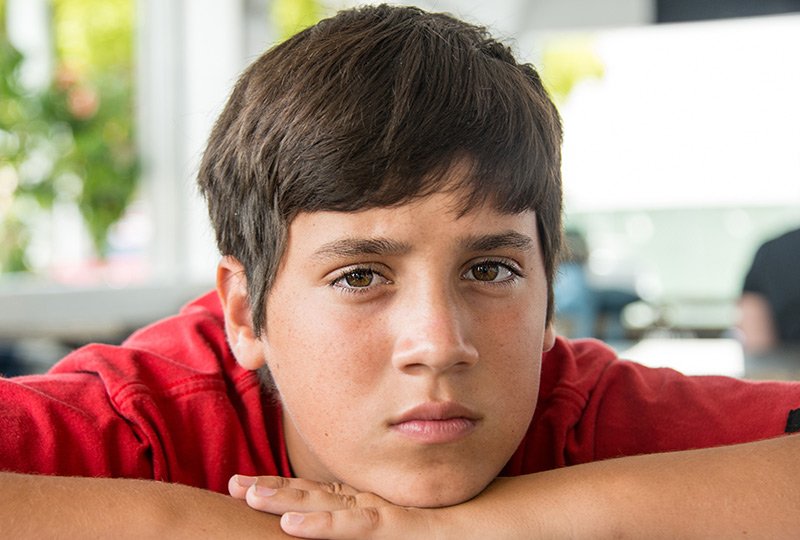The latest Tennessee Child Health Poll reveals that nearly one in three children in Tennessee has received a mental health diagnosis, with 17% diagnosed with anxiety and 10% with depression. Since the poll’s inception in 2019, rates of anxiety and depression among children have steadily increased. Alarmingly, over 50% of parents with children diagnosed with mental health issues report that their children do not receive the necessary mental health services.
In response to these alarming statistics, Monroe Carell Jr. Children’s Hospital at Vanderbilt is actively working to improve mental health support for children and adolescents. The hospital has integrated psychologists into various medical teams across specialized areas such as primary care, gastroenterology, endocrinology, oncology, cardiology, and more. These psychologists collaborate with medical staff and families to assist patients during their hospital visits and help manage the psychological aspects of their medical conditions.
Dr. Jenn Stewart, an assistant professor of Clinical Pediatrics at Monroe Carell, emphasizes the importance of this integration. She states, “Integrating behavioral health support through embedding psychologists into our hospital and primary care reinforces that health encompasses not just physical health, but also mental, emotional, and behavioral well-being.” Stewart notes that the growing mental health needs among children and adolescents have positioned the hospital to provide critical care.
The pediatric psychology division has expanded significantly since the COVID-19 pandemic, which led to a surge in mental health issues. Recognizing May as Mental Health Awareness Month, the hospital aims to highlight the importance of mental well-being, educate the public, and reduce stigma surrounding mental health conditions. Statistics indicate that one in six youth in the U.S. has a mental health condition, yet only half receive treatment. Furthermore, 50% of all lifetime mental illnesses begin by age 14, and in 2023, 20% of high school students considered suicide seriously.
Dr. Adriana Bialostozky, an associate professor of Pediatrics at Monroe Carell, points out that including psychologists within pediatric primary care has improved the overall care for children and their families. This integration helps minimize stigma, builds trust, and makes mental health services more accessible. By fostering a multidisciplinary approach, psychologists not only support patients and families but also staff and medical residents, ultimately leading to improved mental health outcomes.
Dr. Rebecca Swan, a professor of Pediatrics at Monroe Carell, explains that medical residents and providers can identify patients who may benefit from psychological support during preclinic meetings or through evidence-based screenings. The psychologists can then conduct warm handoffs and provide immediate interventions, educating both providers and families in the process.
The presence of psychologists has reportedly reduced the need for emergency department referrals by ensuring appropriate connections to community resources. Dr. Stewart shares a personal commitment to making positive first interactions with mental health for families. She believes that by being present in primary care settings, psychologists can address mental health questions and provide timely interventions, thereby encouraging families to seek further support in the future.
As mental health needs among children continue to rise, initiatives like these are essential in creating a supportive environment for families and ensuring that young patients receive the mental health care they need.



